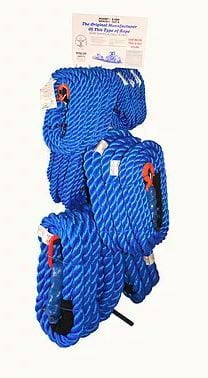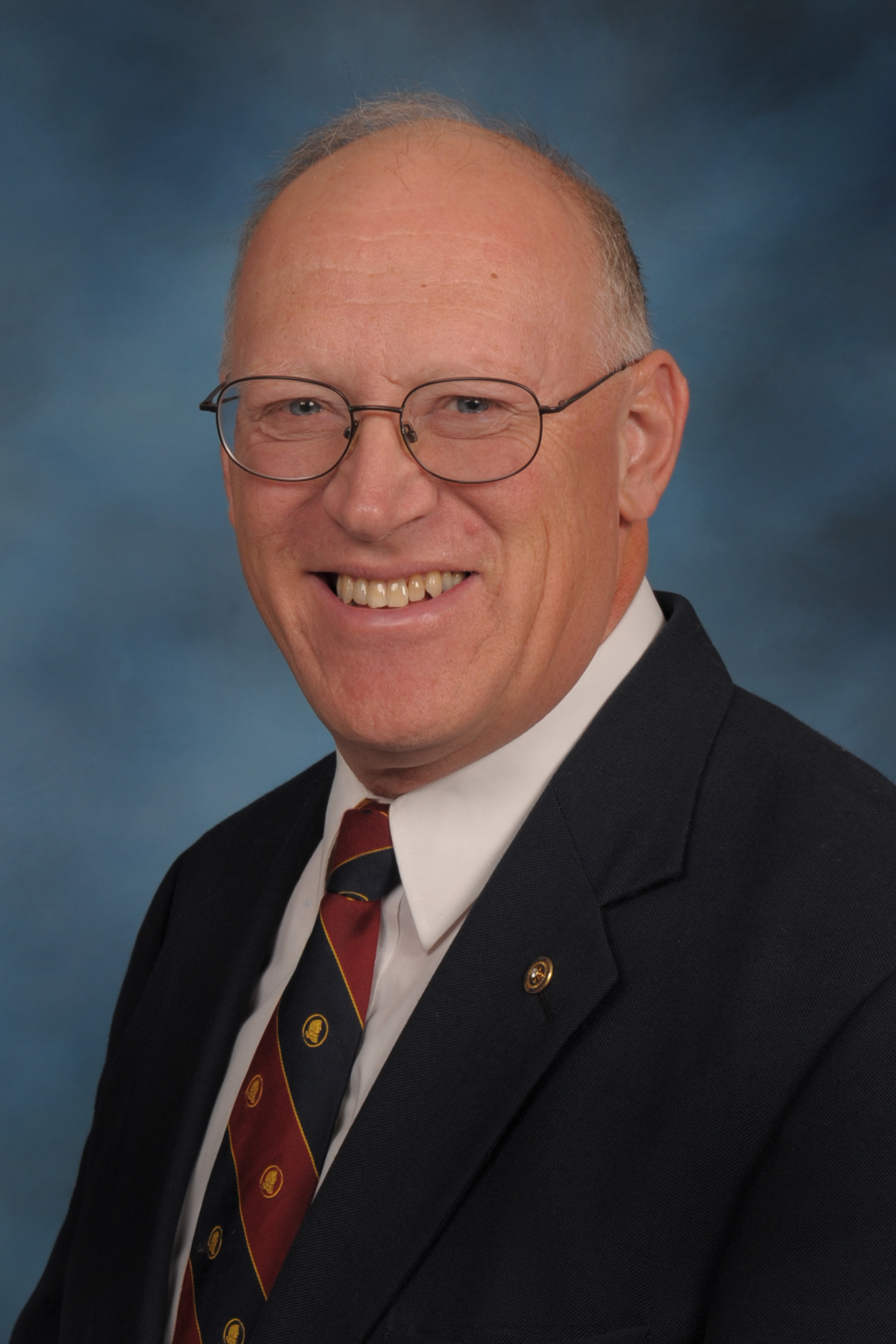Let’s go to the ore mines in Nevada. Huge trucks are carrying heavy loads of minerals from the mines. When those trucks get stuck, they use a high capacity tow rope made by a company in rural Kansas. Today we’ll learn about the remarkable ruralpreneur whose company is producing and marketing these products coast to coast. Thanks to Justin Goodno of K-State Research and Extension – Barber County for this story idea.
Buddy Williams is the founder of this remarkable company known as Custom Rope. He was born in 1942 and has had a fascinating life.
 Buddy was born in Elgin, Kansas. “I never made it past the third grade,” Buddy said. He met and married Donnamae and served in the Marines.
Buddy was born in Elgin, Kansas. “I never made it past the third grade,” Buddy said. He met and married Donnamae and served in the Marines.
Buddy found work as a jockey. “I rode racehorses across the country,” Buddy said. “I was licensed to ride in 31 states.”
He remembers an occasion where he was in a bad horse accident at a racetrack in Enid. He was taken to the hospital, not breathing and without a detectable heartbeat, but survived. After two and a half days unconscious, he recovered – and rode the following weekend. “If you don’t ride, you don’t get paid – and I had mouths to feed,” Buddy said.
Working with horses meant he also worked with rope. “Ropemaking goes back nine generations in my family,” he said. His family also had an eye for finding a better way to do things. “My granddad patented the first corn picker that John Deere manufactured,” he said. Buddy himself invented several items such as a cattle waterer, post puller, and hay knife.
He also made his own ropes, as his ancestors had done, and invented a special braid design. Soon neighbors wanted those same ropes and Buddy started producing and selling them for commercial as well as home use. In 1987, he and his family moved to Kiowa, Kansas where they live today. In 1995, the company became Custom Rope, a division of Williams Manufacturing, Inc.
Custom Rope uses Buddy’s braid design in making ropes of polypropylene fibers. These ropes proved exceptionally strong yet pliable. They are ideal as tow ropes, for example, as well as for other commercial and industrial applications.
“These ropes will multiply pulling power four or five times over cable or chain, and will absorb the shock of a heavy load,” Buddy said. Custom Rope has grown into a $2-million-dollar-a-year business selling ropes in 48 states.
These are the ropes used at the docks by the giant Carnival Cruise Line ocean-going vessels, for example. “You’ll see them on utility trucks all over,” Buddy said. Unlike nylon, these polypropylene ropes won’t decay in the sun. An estimated 22,000 feet of these ropes are used as handrailings at Niagara Falls.
In Nevada, mining companies were using huge steel cables when necessary to move their ore trucks. “It used to take four men and a big steel cable, and now they can do it with one man and my rope,” Buddy said. His product earned him a safety award in Nevada.
“My granddad said, `If God gave you a talent, you’re supposed to use it,’” Buddy said. “I’m just a little ol’ kid with a big idea.” It’s great that this idea became a successful business in a rural community like Kiowa, population 1,026 people.
For more information, go to www.customrope.net.
When asked for other highlights, Buddy said, “We’ve raised nine kids, 11 foster kids, and seven foreign exchange students,” he said. “We still stay in touch with those foreign exchange students today. I just talked to one of them in Thailand. We also put together a family gospel quartet.”
It’s been a remarkable life for someone born in the rural community of Elgin, population 81 people. Now, that’s rural.
It’s time to leave the Nevada ore mines which are using ropes made in rural Kansas. We salute Buddy and Donnamae Williams and all the people of Custom Rope for making a difference with this remarkable product. Just like rural Kansas, these ropes can take a shock and keep on going.
Audio and text files of Kansas Profiles are available at http://www.kansasprofile.com. For more information about the Huck Boyd Institute, interested persons can visit http://www.huckboydinstitute.org.
